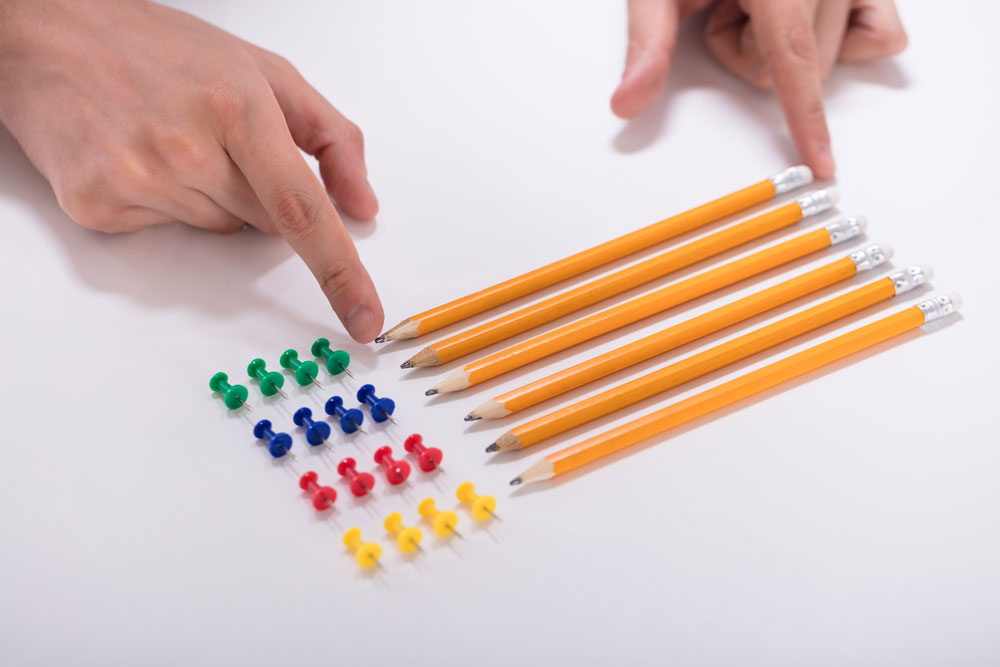How the nursing home ensures good hygiene and proper handling of staff clothing
This article is translated with AI and written based on Swedish conditions. Hopefully, it can inspire those interested in other countries.
Staff clothing and good hygiene are crucial to reducing the spread of infection in elderly care homes. Through clear routines for work clothes, hand hygiene, and the introduction of new staff, the residential environment can become both safer and healthier. Here we go through important hygiene routines and how care staff can follow the rules to protect both themselves and the residents.
Staff Clothing and Hygiene Routines - A Crucial Part of Safe Care
In a nursing home, staff clothing and hygiene routines are crucial to ensuring a safe and infection-free environment for both residents and employees. Despite clear guidelines, point prevalence measurements show that these routines are not always fully followed. To reduce the risk of infection spread, it is necessary to change work clothes at least once a day and wash them at the right temperature.
The Importance of Proper Handling of Staff Clothing
Many nursing homes handle the laundry of work clothes themselves, but clear routines are needed to ensure that the clothes are hygienically clean. Work clothes should always be washed at least 60°C to eliminate bacteria and other pathogens. If work clothes are stored incorrectly - for example, on the floor, in the staff dining room, or folded in piles without hygienic handling - they can lose their cleanliness and thus pose a risk of infection.
Many employees feel better if their work clothes are clean and tidy. Wrinkled and poorly washed clothes not only give an unkempt impression but can also contribute to a poorer working environment.
Health Hygiene Guidelines for Work Clothes
To ensure good hygiene and reduce the spread of infection, the following rules should be followed:
- All staff categories involved in care work should wear work clothes.
- Work clothes should be provided by the employer and only used at the workplace or when traveling between different workplaces.
- The employer is responsible for washing and storing work clothes.
- Work clothes should be washed at least 60°C.
- Work clothes should be short-sleeved and end above the elbow.
- Work clothes should be changed daily. If they become dirty or wet, they should be changed immediately.
- Work clothes should not be combined with private clothes, except for underwear, socks, short-sleeved undershirt, tank top, and headscarf/veil.
- It is not allowed to smoke in work clothes.
- Staff should avoid sitting on grass or other dirty surfaces in work clothes.
Rings, Nail Polish, and Other Infection Risks
As healthcare professionals, it is obligatory to follow basic hygiene routines. Infection spreading can occur through inadequate hand hygiene, long nails, false nails, jewelry, and other items that can carry bacteria and viruses.
In a business review, it was discovered that an employee wore a ring that she had not removed for 17 years, which posed an infection risk. To remove a ring that is stuck, you can use a thread through the ring, wrap the finger below with sewing thread, and slowly wind up the thread to move the ring over the wrapped area. There are instructional videos on Youtube showing this method.
Nail polish can also pose an infection risk, as it cracks and can create small cavities where bacteria and viruses can accumulate. Therefore, all healthcare staff should refrain from nail polish, false nails, and other cosmetic nail treatments.
Hand Hygiene and Protective Equipment
Hand hygiene is one of the most important measures to prevent the spread of infection.
The following routines should always be adhered to:
- Hands should always be disinfected before and after contact with the resident.
- In dirty work, hands should be thoroughly washed before disinfection.
- Residents should be offered help to wash their hands in connection with morning toilet and meals.
- Hand sanitizer should be available at the dining place so that the elderly can disinfect their hands.
- In case of suspected winter vomiting disease or other infection, the resident should be isolated and special hygiene routines applied.
Correct Use of Gloves
Gloves are used in healthcare to protect both the resident and the staff from infection. However, it is important that gloves are used correctly.
Common mistakes in using gloves:
- Employees use gloves to protect themselves rather than the resident.
- Gloves are used at unnecessary times, for example, when dressing or combing hair.
- Gloves are not changed between different care tasks, for example, between lower toilet and continued care.
It is important that all staff receive training in correct glove use and that unit managers regularly follow up on routines.
Introduction of New Employees
New employees do not always receive a full introduction to the job, which can lead to inadequate hygiene routines. Many nursing assistants testify that substitutes are left to learn routines on their own, which can create unnecessary risks for the residents.
Common shortcomings in the introduction:
- Insufficient information about hygiene routines and infection control.
- Focus on administrative systems rather than patient-related work.
- New hires introduce substitutes before they themselves are completely familiar with the routines.
To ensure good hygiene, it is necessary that the introduction of new staff is prioritized and followed up.
Reflection - Staff Clothing and Hand Hygiene
Care Staff:
- Do you have good routines for handling work clothes?
- How do you help each other do the right thing?
- Do you have a well-thought-out introduction program?
- Are there employees who wear rings, nail polish, or a watch at work?
Manager, Nurse, Occupational Therapist, and Physiotherapist:
- Are the routines for washing work clothes followed?
- Is the introduction of new staff adequate?
- How is it ensured that all staff follow hygiene regulations?
Residents and Relatives:
- Do the staff use work clothes in the correct way?
- Are there staff who wear jewelry or nail polish?
- Do you feel safe that the healthcare staff have good knowledge of hygiene?
Erland Olsson
Specialist nurse
Sofrosyne - Is Mom Okay

Aktuellt i media
- 2025-12-15 04:00 17 Psykisk hälsa
- 2025-12-11 04:00 07 Riskhantering
- 2025-12-08 04:00 06 Dokumentation
- 2025-12-03 04:00 06 Dokumentation
- 2025-12-01 04:00 02 Värdegrund
- 2025-11-27 04:00 13 Hygien







